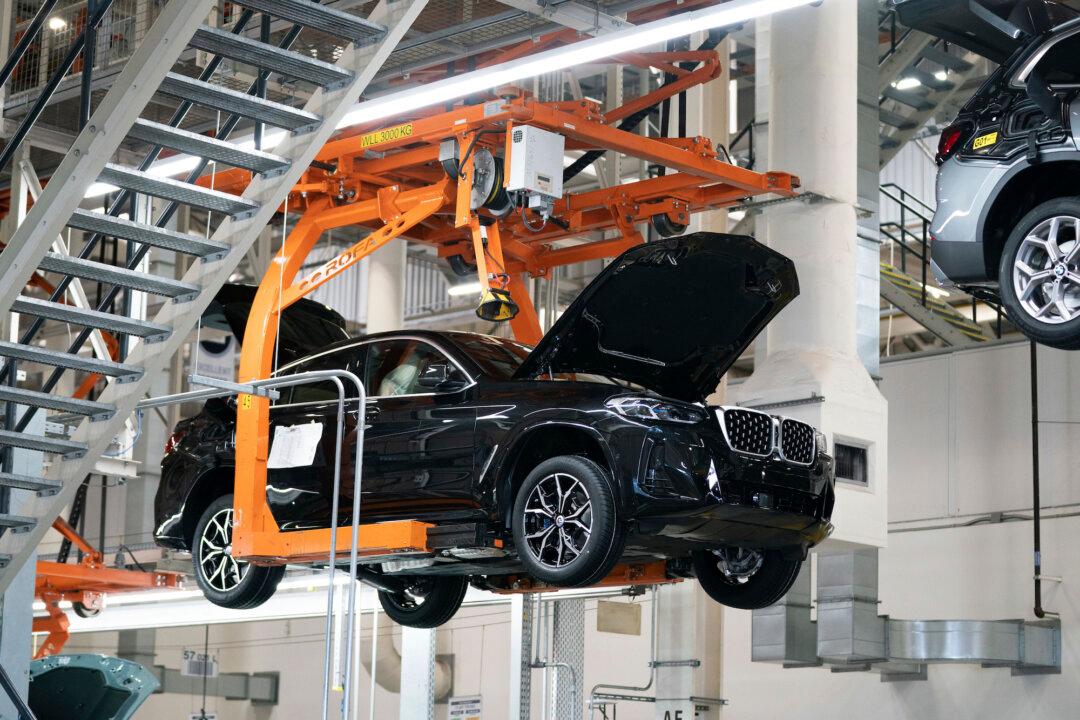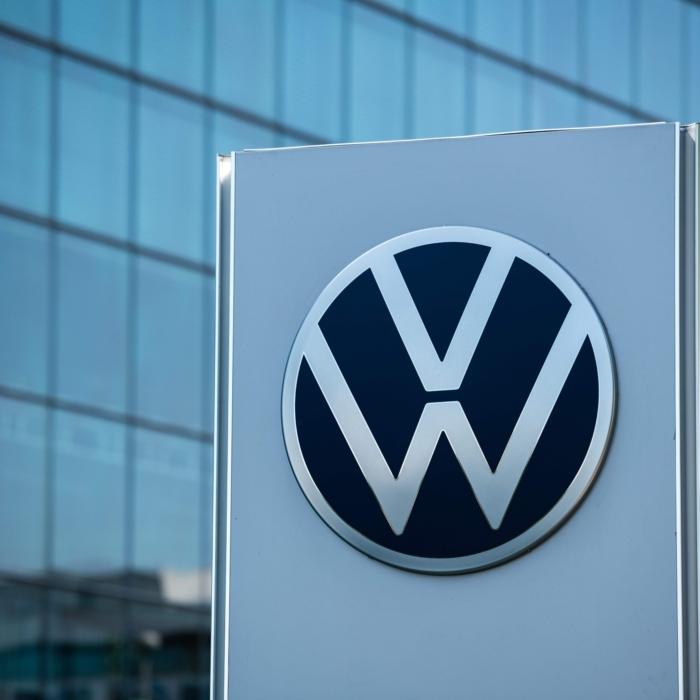The chair of a U.S. Senate committee has asked automaker BMW to provide information about its alleged use of components made by a Chinese supplier sanctioned for using forced labor.
The probe, launched by the committee two years ago, discovered that some of these parts have been used in vehicles imported to the United States even after automakers assured the committee that they have “robust compliance programs” to prevent components made with forced labor from entering their supply chains.
“The United States considers the Chinese government’s brutal oppression of Uyghurs in [Xinjiang] an ‘ongoing genocide and crimes against humanity,’” Mr. Wyden wrote. “The Committee is continuing to investigate several aspects of BMW’s exposure to forced labor through JWD.”
According to the report, BMW knew JWD would be added to the entity list and was aware that JWD was the supplier and manufacturer of the banned parts sold to BMW. “Despite this, BMW disclosed to the committee that it imported at least 8,000 MINI vehicles, as well as spare parts, with JWD LAN transformers presumptively made with forced labor,” the report reads.
The LAN transformers were sourced via California-based Bourns, Inc., which in turn provided them to Michigan-based Lear Corp., a direct supplier for BMW and Jaguar Land Rover, the report said.
“In fact, BMW continued to import products manufactured by JWD until at least April 2024 and appears to have stopped only after the Committee repeatedly asked detailed questions to Lear and Lear’s OEM customers, including BMW, about their relationship with JWD,” the report found.
Mr. Wyden asked BMW to respond to multiple questions regarding the forced labor exposure in the report, including details on how it has handled the situation and the number of cars affected.
Measures Against Forced Labor
Congress enacted the Uyghur Forced Labor Prevention Act (UFLPA) in 2021 in response to mass forced labor in Xinjiang, to ensure that goods made with forced labor in the region are restricted from entry into the United States.The UFLPA presumes that the importation of any goods manufactured in Xinjiang violates section 304 of the Tariff Act of 1930, which prohibits the importation of products made with forced labor. The Chinese communist regime has established a vast network of mass internment camps for Uyghurs and other ethnic minorities in Xinjiang.
To avoid the import ban, companies must prove, with clear and convincing evidence, that their goods manufactured in Xinjiang are not made using forced labor.






